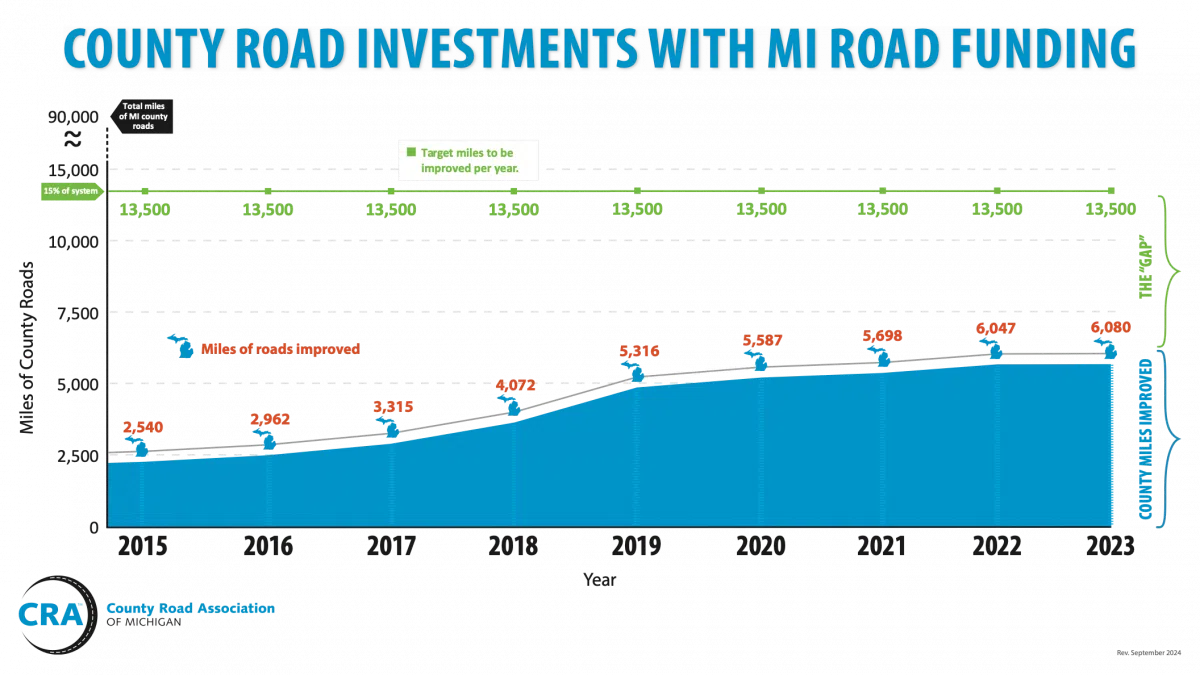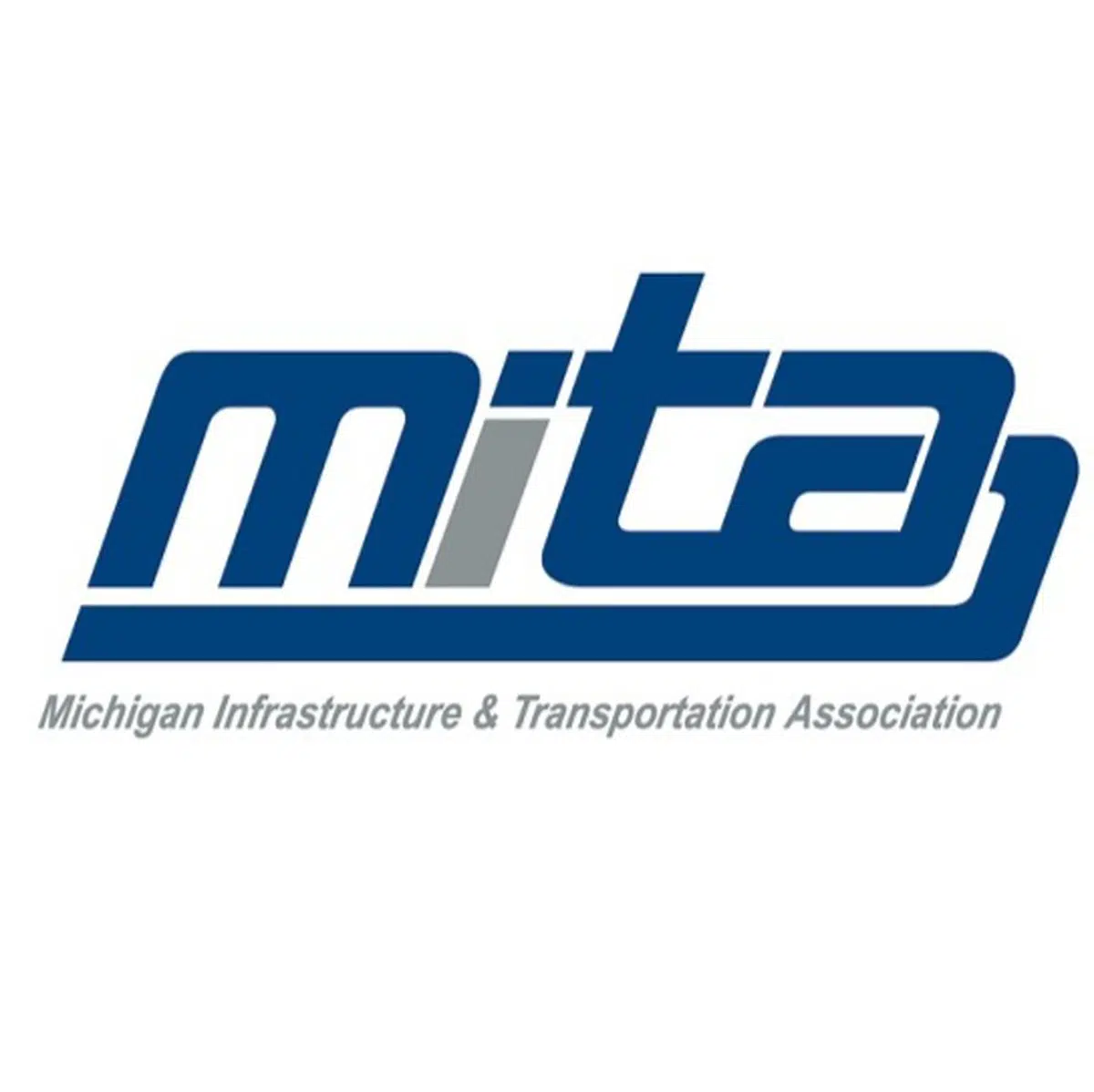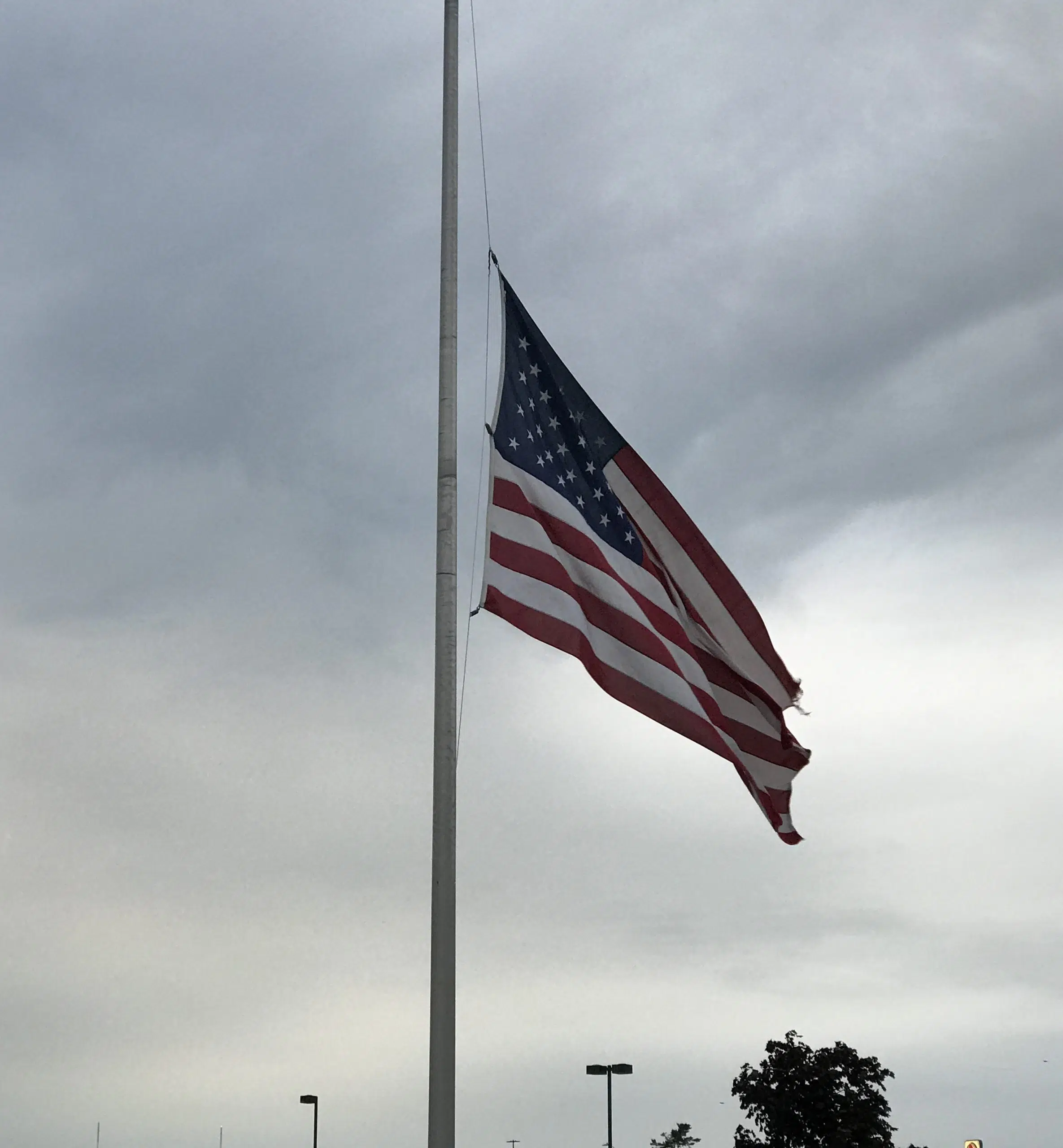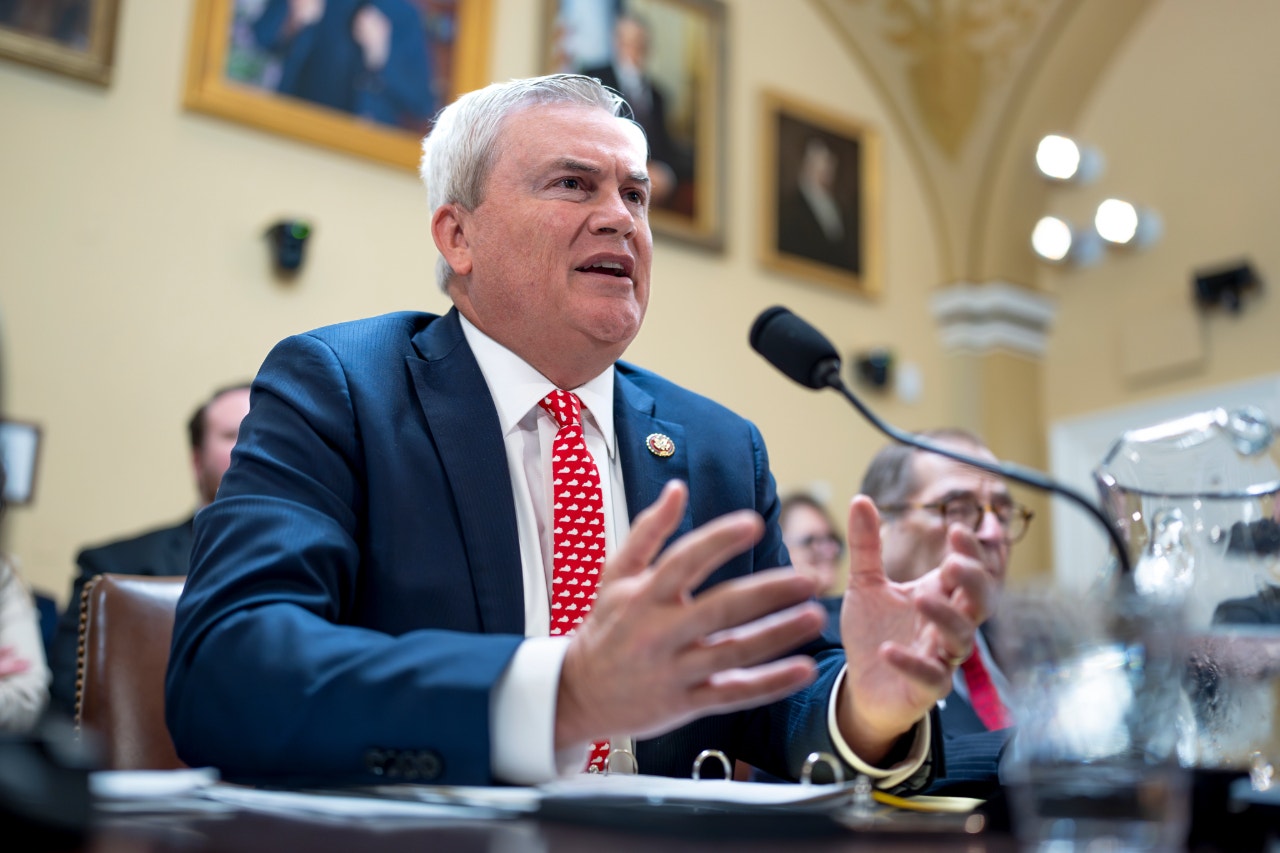MSU football: Video analysis of the Spartans’ 24-17 loss at Michigan
Lansing State Journal columnist Graham Couch and Detroit Free Press MSU beat writer Chris Solari break down the Spartans’ 24-17 loss at Michigan.
EAST LANSING — The loss to Michigan cost Michigan State football one of its best defensive players for 45 minutes of football
It’s an inopportune loss at an unfortunate moment — with No. 13 Indiana’s high-powered offense up next.
Linebacker Jordan Turner will miss the first half of Saturday’s game against the Hoosiers (3:30 p.m., Peacock), leaving the Spartans without their leading tackler in the heart of their vastly improved and swarming defense.
“Very unfortunate. A little bit of a crazy call, in my opinion,” fellow linebacker Jordan Hall said Wednesday. “But we gotta keep pushing on, keep moving on. We’ll miss him in the first half, but we’re going to keep preparing out through the week and get ready for him to contribute like he always does in the second half.”
ON OFFENSE: With run game starting to click, Spartans need more TDs
On the final play of the third quarter in Saturday’s 24-17 loss to the Wolverines, Turner crashed down as U-M’s Alex Orji took a shotgun snap and faked a handoff. Turner met Orji in the hole, with the running quarterback spinning off the initial contact for a 3-yard gain.
During the TV timeout between the quarters, replay officials reviewed the hit and cited Turner for a targeting penalty. He was ejected from the game, missing the final 15 minutes. U-M scored four plays later, with running back Donovan Edwards throwing a 23-yard touchdown pass to tight end Colson Loveland as the Spartans’ linebackers and safeties overplayed the run with Turner out of the game.
“We practice making the right form tackles, so it’s not something that I’m like, ‘Oh, I’m going into a tackle,000 like, I need to keep my head up.’ It’s just something that we practice and it becomes routine,” Hall said. “Sometimes in the heat of the moment, depending on the angles and whatnot, stuff happens. Which I think happened in JT’s case in the slightest bit.”
MSU coach Jonathan Smith on Monday said the school challenged the call to the Big Ten after the game, and league officials denied MSU’s appeal. Turner will be eligible to play in the second half for the Spartans (4-4, 2-3 Big Ten) against the Hoosiers (8-0, 5-0), per NCAA targeting rules.
That likely will move Hall, a sophomore, into Turner’s spot next to Cal Haladay in the middle of Joe Rossi’s defense, which held U-M leading rusher Kalel Mullings to just 18 yards on 13 carries Saturday and limited Iowa star Kaleb Johnson to 98 yards (75 of which came on one late touchdown run) on 14 attempts in an win a week earlier. It also will expand the already-growing role of senior Darius Snow and Wayne Matthews III.
Turner leads the Spartans with 48 tackles, with five of them coming in Saturday’s game at U-M. The 6-foot-1, 231-pound fifth-year senior, who transferred to MSU from Wisconsin in the offseason, also has three sacks, an interception and two QB hurries.
SHAWN WINDSOR: Michigan-Michigan State fight should be reminder: Unbridled vitriol is not the answer
“He’s really important. Obviously, you’ve seen the plays that he’s made,” Snow said of Turner. “He’s not just a good football player, but he’s a great leader and vocal. We’re just gonna have to play, and we’ll get him back in the second half, which is cool. But I have confidence in Jordan Hall, I think he’s a great player.”
MSU ranks 45th in the nation in run defense, allowing 129.6 yards on the ground, and is tied for 23rd nationally in giving up 315.9 yards per game. The Spartans will try to continue that trend against Indiana’s high-powered offense that ranks sixth in the nation in total offense (487.6 yards), 24th in rushing yards (200.6) and second in the Football Subdivision in scoring (46.5 points)
Hoosiers starting quarterback Kurtis Rourke suffered a thumb injury on his throwing hand during a game two weeks ago and sat out Saturday’s 31-17 home win over Washington. Rourke had surgery last Monday but, according to ESPN, the Ohio University transfer is expected to try and play against the Spartans.
Backup Tayven Jackson was 11-for-19 for 124 yards with an interception along with passing and rushing TDs against the Huskies, while running back Justice Ellison, a Wake Forest transfer, ran 29 times for 123 yards and a score.
“The only thing I know is they’re going to have a quarterback,” MSU secondary coach Blue Adams said Wednesday. “My approach is the guy that they put in is going to be the guy to give them the best chance of winning. And I think in college football, especially at the level that we we play on, I think every quarterback is a legitimate quarterback. They can throw the ball well, and they can call plays and manage the game well.
“So the only thing I can kind of prepare for is that dude is going to be a good player, and so we kind of attack it that way.”
Contact Chris Solari: csolari@freepress.com. Follow him @chrissolari.
Subscribe to the “Spartan Speak” podcast for new episodes weekly on Apple Podcasts, Spotify or anywhere you listen to podcasts. And catch all of our podcasts and daily voice briefing at freep.com/podcasts.

























/cdn.vox-cdn.com/uploads/chorus_asset/file/25431700/STK201_SAM_ALTMAN_CVIRGINIA_A.jpg)





